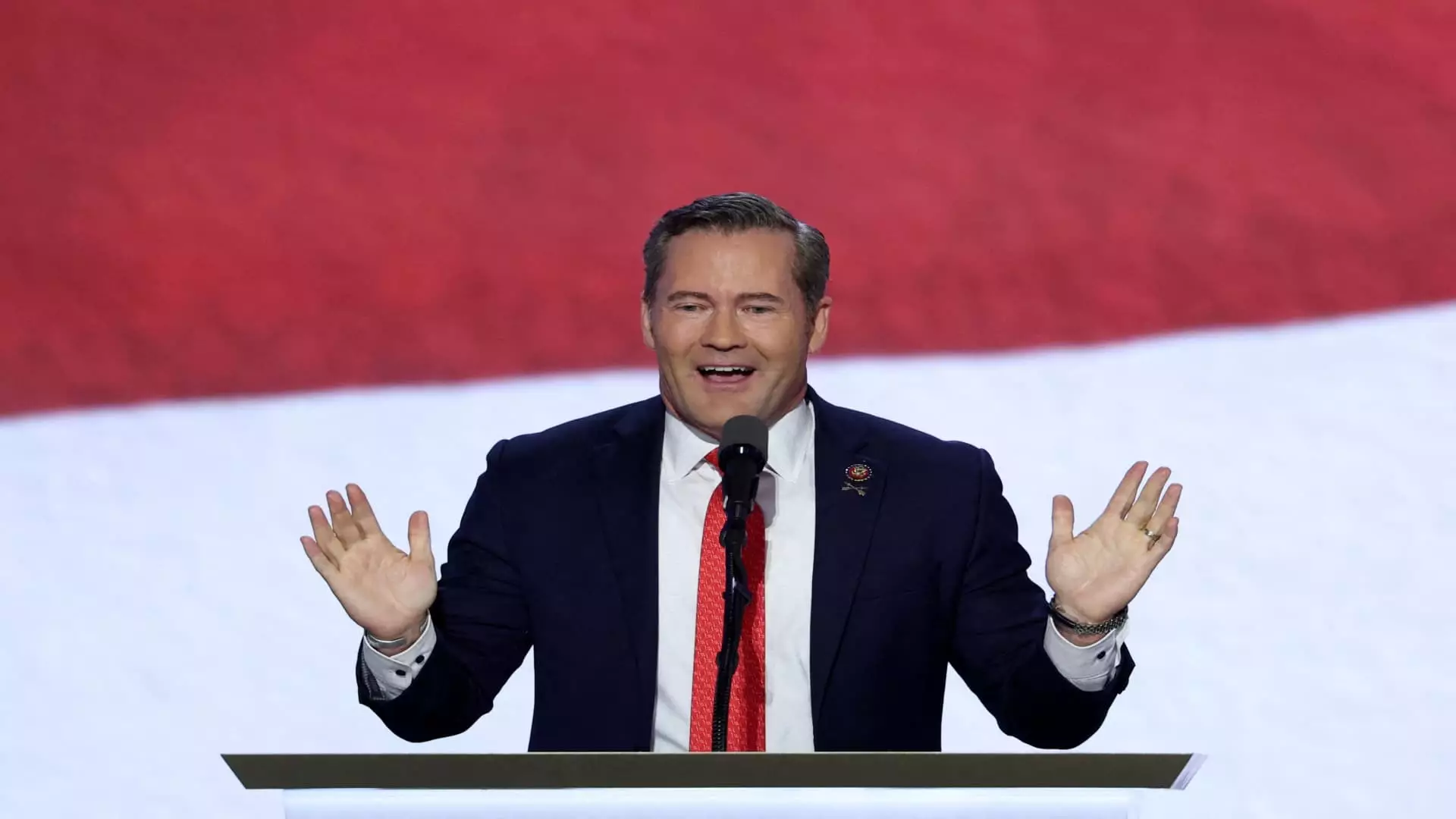The recent announcement of Rep. Mike Waltz’s appointment as national security adviser by President-Elect Donald Trump marks a significant moment in U.S. political and military strategy. A Green Beret veteran, Waltz’s military background includes service across Afghanistan, the Middle East, and Africa, providing him with firsthand experience in various international conflict zones. As a congressman representing Florida’s 6th district since 2019, he’s been actively involved in committees dealing with Armed Services, Foreign Affairs, and Intelligence, which align closely with the responsibilities of the national security adviser.
Waltz’s military resume is not just impressive on paper—it imbues him with a level of credibility that could influence the nation’s strategic decisions. The role of national security adviser has become increasingly pivotal in shaping the executive’s approach to foreign policy, especially in light of current global tensions.
Stance on Geopolitical Issues
One of the defining aspects of Waltz’s political career has been his hawkish stance toward China. As a member of the House’s China Task Force, his arguments concerning U.S. preparedness for potential conflict in the Asia-Pacific region emphasize a proactive rather than reactive stance on national security. This indicates a possible shift in policy that may prioritize military readiness and strategic alliances in response to perceived threats from China.
Moreover, Waltz’s position on U.S. aid to Ukraine showcases a layered perspective often found among congressional Republicans. His assertion that the U.S. holds “leverage” in convincing Russia’s President Vladimir Putin towards a diplomatic solution reflects a nuanced understanding of power dynamics in international relations. This approach may suggest a willingness to reassess American foreign aid strategies, potentially reshaping U.S. responses to international conflicts based on strategic interests.
The Implications of His Appointment
The appointment of a national security adviser does not necessitate Senate confirmation, offering Trump the agility to set his administration’s tone swiftly without waiting for legislative approval. Waltz, alongside Rep. Elise Stefanik—recently named U.S. ambassador to the United Nations—signals Trump’s intention to incorporate voices from within the House into his foreign policy framework. This could revolutionize traditional executive approaches by infusing Congressional insights directly into national security strategies.
Waltz’s uncompromising positions indicate a robust line of defense against threats perceived externally, particularly from adversaries like China and Russia. His appointment might be perceived as a continuation of the Trump administration’s focus on “America First” policies, aiming to safeguard national interests aggressively on a global scale.
Rep. Mike Waltz’s selection as national security adviser brings a military veteran’s perspective into the highest echelons of U.S. strategic decision-making. His experience and hawkish views on international conflicts position him to influence the administration’s policies in ways that prioritize a strong, proactive approach to national security. As geopolitical tensions rise, Waltz’s role may be instrumental in reassessing U.S. positions on crucial global issues, setting the stage for a potentially drastic reconfiguration of traditional diplomatic strategies.


Leave a Reply